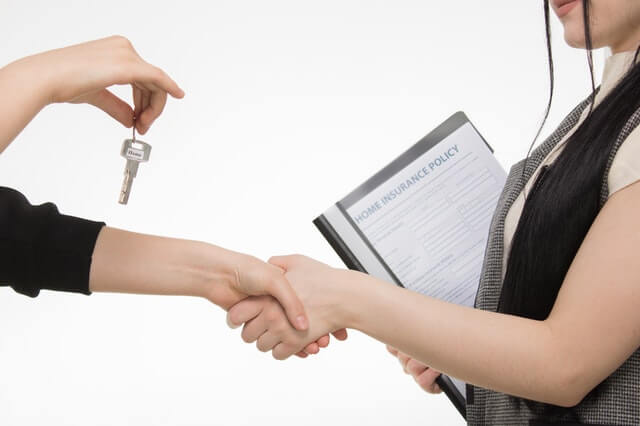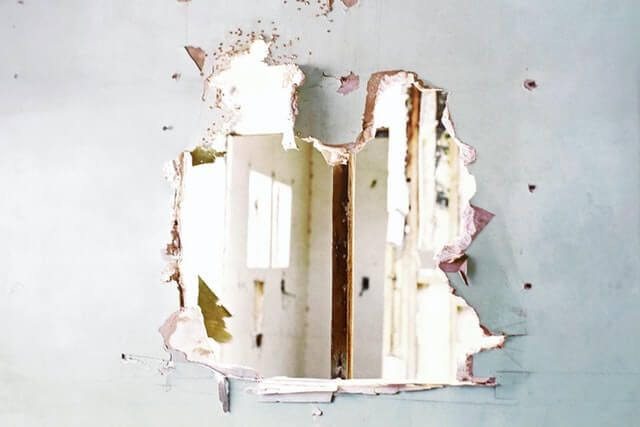Every province in Canada has its own Standard Lease Agreement. This agreement is mandatory in most provinces. Having a standard lease puts a tenant under the protection of the Residential Tenancies Act.
As you may already know, a lease agreement is the most vital element in every rental housing transaction. It outlines the terms, rules, regulations, and fees related to the rental unit. Having a written, signed, and dated lease agreement is advantageous to both tenants and landlords. Here are a few reasons why:
- Landlord(s) and tenant(s) will have a tangible reference that can help resolve misunderstandings between them.
- Lease violations are easily justifiable by basing on the terms outlined in the contract.
- There is clarity as to what are the responsibilities of each party.
- Both parties are more protected than if they only entered into a verbal agreement, where recollections of the verbal exchange are manipulatable.
It is also advantageous for rental agents like yourself because you want your clients to enter into a clear and legitimate transaction.

Additional Terms to Consider
While standard lease agreements are mandatory in most provinces, landlords are still allowed to add terms to customize the lease based on what would suit the property’s purpose. It also adds protection to the parties involved.
Not all these additional terms apply to the standard lease of every province. Some may be conflicting with certain terms included in the standard lease.
Here are a few additional terms that landlords may add to the standard lease. Landlords must make sure that the clauses they’ll add apply to their property and locale to avoid legal issues.
• Permissible Use
Provide a limit as to how a tenant can use a residential unit. They can only use the property as a living space; they are prohibited to run a home business inside the rental property.
If they run a business in the residential unit, the landlord’s exposure to liability increases (e.g., more people coming into the property to transact).
• Appliances
All the appliances listed in the lease must remain in good working order by the end of the lease term. It is within the tenant’s responsibility to maintain the appliances and furniture in good condition (clean and functional) at his cost.
• Noise
Tenants must abide by municipal bylaws on noise and disturbance. They should not host loud parties and play loud music late in the evening. If nearby residents continually file complaints, landlords can take legal action against the tenant who violated the noise regulations.

• Smoking
Prohibit cigarette smoking (including cannabis) inside the premises. There will be zero tolerance for use of illegal drugs and substances within the property limits. This also applies to the tenant’s guests.
• Subletting
It is only with the landlord’s consent can a tenant sublet or assign the rental unit to another person. The local bylaw occupancy standards must be followed, such as the number of occupants allowed on the premises.
• Property Damage
Any damage on the property caused by the tenant, his guests, or occupants not stated on the lease is the tenant’s responsibility. Meaning, the tenant will shoulder the cost of the repair. This includes damages purposefully inflicted or ones caused by negligence.
If a tenant wants to add a major modification (e.g., built-in bookshelf) to the unit, he must request permission from the landlord.

• Short-term rentals
Tenants do not have the liberty to have the unit be rented short-term (e.g., Airbnb) without the landlord’s consent.
• Maintenance
This can be an offer of rent discount in exchange for maintenance responsibility. For example, the tenant would get a $50 discount on the rent if the tenant mows the lawn regularly. If he fails to do so, the landlord will charge extra for the cost of hiring someone to mow.
• Absence
Tenants must notify the landlord if they will not be present in the property for 30 days or more. They also must give the landlord permission to enter their unit to conduct repair inspections and maintenance checks.
Once landlords have finalized their lease agreement, they can start filling in the vacancies with your help as their rental agent. You can publish a listing for their properties on Padleads. That way, you can syndicate the listing to other popular websites and gain a wider reach.